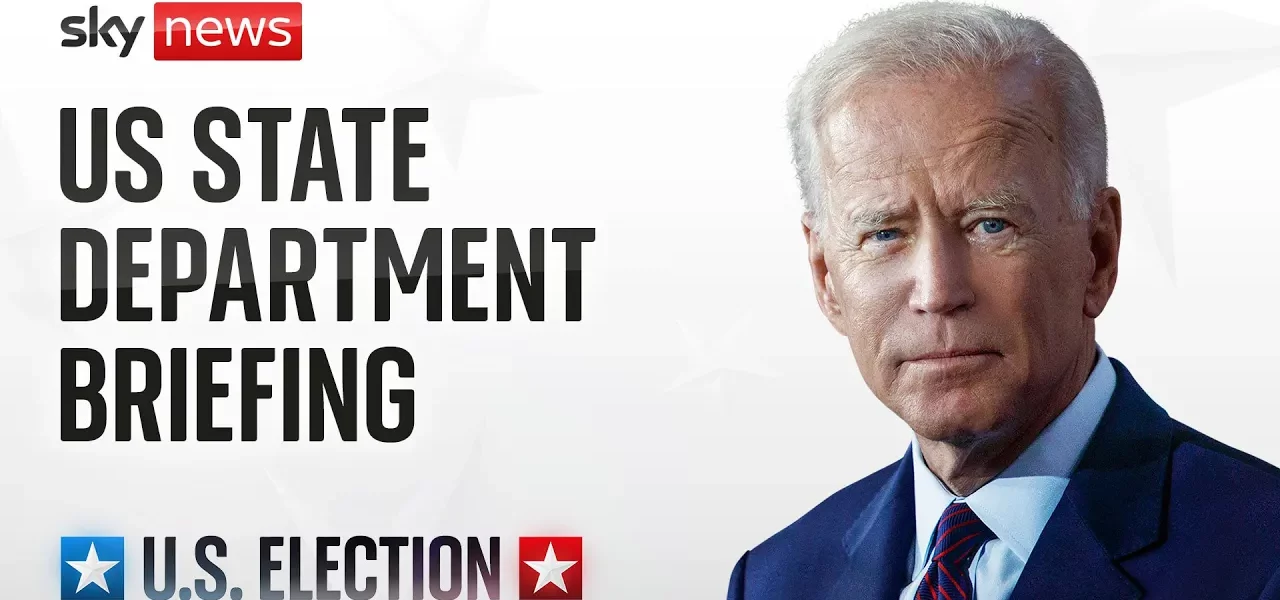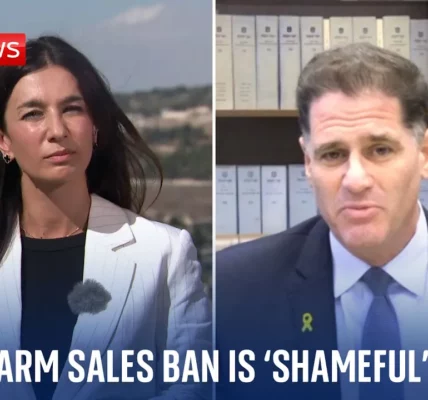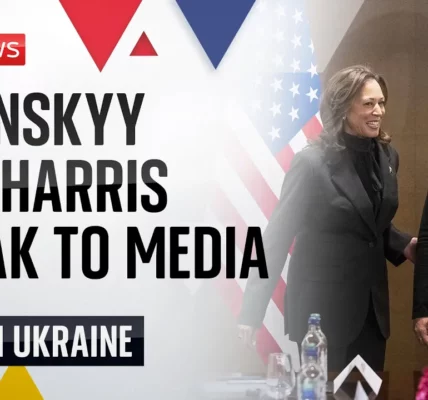Recent Trilateral Discussions on Ceasefire Negotiations

This article explores the latest diplomatic efforts involving President Biden, President Cece, and the Amir of Qatar, focusing on the crucial ceasefire negotiations in the Middle East. We will delve into the implications for hostages, humanitarian aid, and the broader geopolitical context.
Introduction
The geopolitical landscape of the Middle East has been marked by ongoing conflicts, particularly between Israel and Hamas. In light of recent trilateral discussions involving the United States, Israel, and Qatar, the focus has shifted towards negotiating a ceasefire. This article examines the key elements of these discussions, the challenges ahead, and the potential impact on hostages and humanitarian aid in the region.
Key Elements of the Trilateral Discussions
The trilateral statement released at the end of last week highlights the urgency of returning hostages and providing relief to the people of Gaza. The commitment from the U.S. and its allies underscores the importance of a peaceful resolution to the conflict.
Hostage Negotiations
One of the primary focuses of the discussions is the return of hostages, including American citizens. The U.S. administration has emphasized that the release of these individuals is a critical step towards establishing a ceasefire. Key points include:
- Ongoing negotiations with Hamas for the release of hostages.
- Increased pressure from international partners to facilitate these discussions.
- The potential for humanitarian aid to be tied to the progress of hostage negotiations.
Humanitarian Aid
Another significant aspect of the talks revolves around the provision of humanitarian assistance to Gaza. The U.S. has voiced its commitment to ensuring that aid flows to those in need, particularly in light of the ongoing violence. Important considerations include:
- Coordination with international organizations to deliver aid effectively.
- Addressing logistical challenges in delivering assistance amidst conflict.
- Ensuring that aid reaches civilians without being diverted to militant groups.
The Role of International Actors
The discussions are not occurring in a vacuum; various international actors play a vital role in shaping the outcomes. Key players include:
The United States
The U.S. has taken a leading role in facilitating these discussions, driven by a commitment to regional stability. Their approach includes:
- Engaging in direct diplomacy with both Israeli and Palestinian leaders.
- Utilizing contacts with regional partners such as Qatar and Turkey.
- Reaffirming the U.S. commitment to Israel’s security while advocating for humanitarian concerns.
Israel’s Stance
Israel’s position in the negotiations has been complex, as it balances security concerns with the need for a ceasefire. Insights into their approach include:
- Recognition of the necessity to negotiate while maintaining military readiness.
- Complications arising from domestic political pressures.
- The influence of key figures within the Israeli government on the negotiation process.
The Role of Qatar
Qatar has emerged as a significant mediator in these discussions, working to ensure that Hamas is included in the talks. Their contributions involve:
- Facilitating communication between conflicting parties.
- Assuring U.S. officials of Hamas’s potential participation.
- Providing a platform for dialogue amidst regional tensions.
Challenges Ahead
While the trilateral discussions signify progress, numerous challenges remain. These include:
Continued Hostilities
Despite diplomatic efforts, the potential for renewed violence poses a significant obstacle. Factors contributing to this include:
- The unpredictability of militant responses to ceasefire proposals.
- Internal divisions within Palestinian factions regarding negotiation strategies.
- External pressures from other regional actors, including Iran.
Public Sentiment and Political Will
Public opinion regarding the conflict influences political decisions on all sides. Key considerations include:
- The impact of civilian casualties on public support for military actions.
- Shifting narratives in international media affecting perceptions of the conflict.
- The need for political leaders to navigate complex domestic sentiments.
Conclusion
The recent trilateral discussions mark a critical juncture in the ongoing conflict in the Middle East. As negotiations continue, the focus on humanitarian aid and the return of hostages remains paramount. While challenges abound, the commitment of international actors to facilitate dialogue offers a glimmer of hope for a peaceful resolution. We encourage readers to stay informed about these developments and support efforts aimed at promoting peace and stability in the region. For further reading on related topics, explore our articles on humanitarian aid in conflict zones and the role of diplomacy in international relations.
“`




